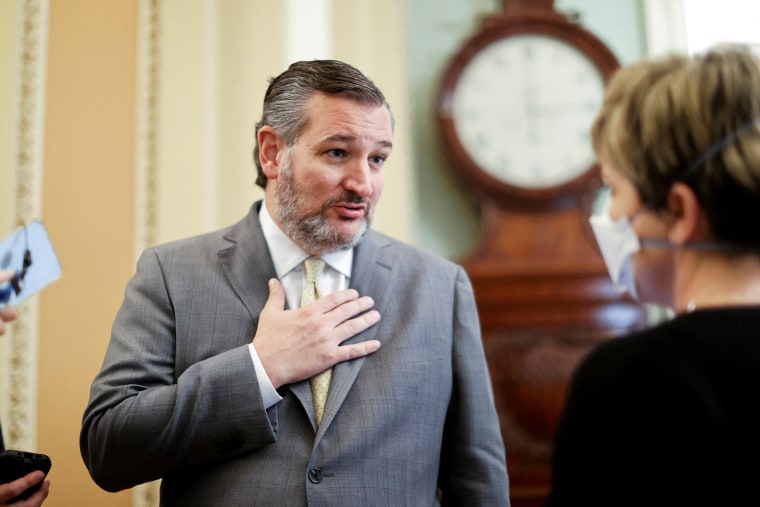It was two months ago when the U.S. Supreme Court delivered a major setback to efforts to combat the climate crisis. There were a variety of facets to the West Virginia v. EPA ruling, but at its core was an important conclusion: The Republican-appointed justices said that if the Environmental Protection Agency want to limit greenhouse gas emissions from power plants through the Clean Air Act, it’ll need to get that authority from Congress.
As The New York Times reported, that’s precisely what Democrats did — albeit quietly — in their Inflation Reduction Act.
Throughout the landmark climate law, passed this month, is language written specifically to address the Supreme Court’s justification for reining in the E.P.A., a ruling that was one of the court’s most consequential of the term. The new law amends the Clean Air Act, the country’s bedrock air-quality legislation, to define the carbon dioxide produced by the burning of fossil fuels as an “air pollutant.” That language, according to legal experts as well as the Democrats who worked it into the legislation, explicitly gives the E.P.A. the authority to regulate greenhouse gases and to use its power to push the adoption of wind, solar and other renewable energy sources.
Democratic Sen. Tom Carper of Delaware told the Times that the statutory language was intended to make clear that there are “no ifs, ands or buts” about the policy dynamic: Congress has empowered federal agencies, including the EPA, to tackle heat-trapping emissions.
Not surprisingly, Senate Republicans, many of whom won’t even recognize the existence of the crisis, were not pleased — with the overall legislation or its climate provisions. But the Times’ article flagged a quote from Sen. Ted Cruz that was of particular interest.
“It’s buried in there,” the Texas Republican said on Fox Business Network, adding, “The Democrats are trying to overturn the Supreme Court’s West Virginia vs. E.P.A. victory.”
Part of what’s striking about a quote like this was the suggestion that the high court’s conservative majority scored a “victory.” That’s not how this is supposed to work: The judiciary isn’t supposed to have wins and losses; it’s supposed to interpret the law.
Parties have victories. So do politicians. But to think the Supreme Court scored a victory by limiting the EPA’s powers is a curious approach to our constitutional system.
But just as notable is the underlying nature of Cruz’s complaint. Americans elected a Democratic majority in the House, a Democratic majority in the Senate, and a Democratic White House. Those policymakers advanced the policy priorities they ran on, including efforts to combat the climate crisis, and approved language to empower the EPA.
Cruz characterized this as lawmakers “overturning” a Supreme Court ruling. But isn’t this how federal policymaking is supposed to work? The justices said Congress would have to give the EPA statutory authority, and so Congress gave the EPA statutory authority.
I understand that Cruz disagrees with the underlying policy, but why take issue with a democratic governing process?
Related:

